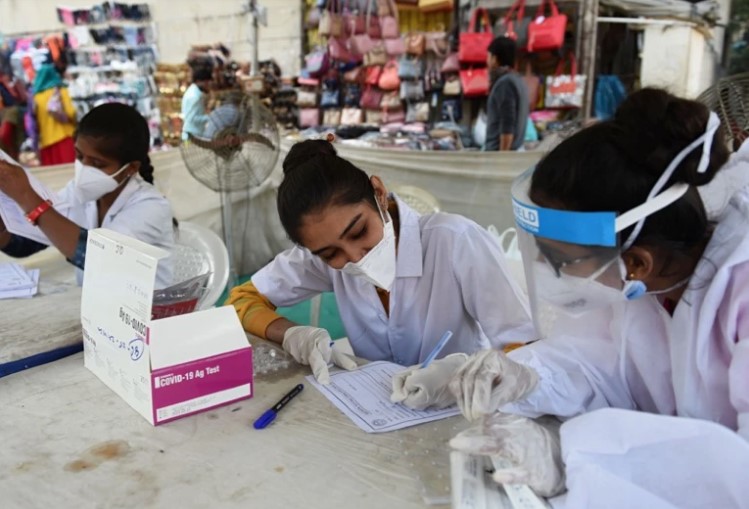India has the world’s second-largest COVID-19 outbreak. India desperately needs effective treatments. But the way the country’s drug regulator is handling potential therapies concerns many of us. The Drugs Controller General of India (DCGI) has approved several repurposed drugs for ‘restricted emergency use’ for treating the disease. On what basis were these drugs approved? Was the manufacturers’ data on their effectiveness convincing enough to justify emergency approval?

Take for instance, Itolizumab. In July it was approved for treating moderate to severe acute respiratory distress in people with COVID-19. On the basis of a phase II safety trial on 30—yes only 30— people hospitalized with COVID-19. The study design, study sample, selection of patients, criteria for enrolment, data collection and monitoring and outcomes— all have been criticized. The trial was also too small to show that the drug works.
Itolizumbab is not alone. The DCGI has granted emergency authorization for the use of two other drugs for treating COVID-19. Favipiravir was approved for treating mild to moderate cases in June; Remdesivir, an anti-viral drug, was also authorized in June.
A month after favipiravir was authorized for emergency use, its Mumbai-based manufacturer, Glenmark Pharmaceuticals, revealed that the drug had been tested in just 150 patients with mild to moderate illness. But the trial didn’t determine whether people taking the drug were less likely to develop severe forms of the disease, or die from it. Instead, it measured the time it took patients to stop shedding the virus, which does not establish that the person recovered faster or was less infectious.
In India, at least 15 pharmaceutical companies are selling the drug, and sales have reached 2.8 billion rupees since June. It is being widely prescribed for mild COVID-19 infections, and families desperate to help ill family members were initially paying around 12,500 rupees for a 14-day course. It leads to a kind of an emotional blackmail on the family because there is no evidence that this drug works.
We need to learn from the Hydroxychloroquine story. Promoted as the magic bullet that could prevent, mitigate and treat Covid illness, the FDA later had to eat a humble pie— it revoked the Hydroxychloroquine authorization, after clinical trials showed the drug did not work for COVID-19 and had serious adverse effects.
Emergency approvals are typically granted on the basis of preliminary evidence that a drug works. But there is little evidence that Favipiravir and Itolizumab can improve outcomes in COVID-19.
Gayathri Vaidyanathan covers this story, with inputs from Sahaj Rathi, Anant Bhan and I in Nature.